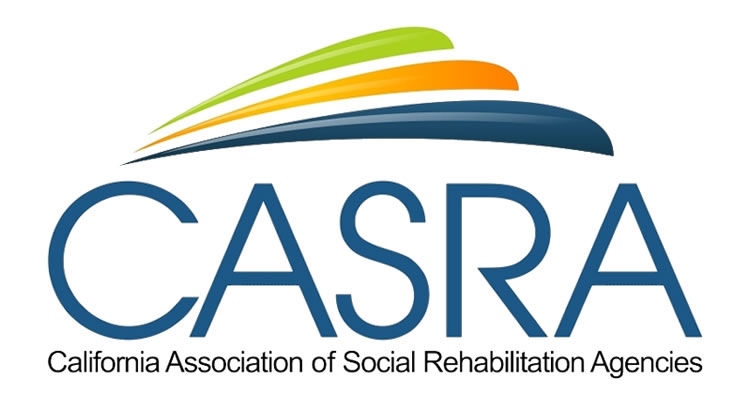Turning Point Community Programs Learning Series
Event Program
DAYS:
September 25 - October 16 - November 06 - January 15
September 25, 2024
| Title | Speaker | Description | Goals | CEU |
|---|---|---|---|---|
Recovery and Psych Rehabilitation |
Handout(s): |
Recovery
Psychosocial Rehabilitation |
Recovery
Psychosocial Rehabilitation |
4 |
October 16, 2024
| Title | Speaker | Description | Goals | CEU |
|---|---|---|---|---|
Relationship Building through Active Listening |
Handout(s): |
Listening for the story, instead of just to solve a problem is key to building helping relationships. This workshop explores how we listen and provides opportunities and ways to help us improve our listening skills. The principles and practices of Nonviolent Communication will be presented, explored and applied to the process of establishing effective relationships. |
Participants will learn the 3 types of listening responses: |
3 |
November 06, 2024
| Title | Speaker | Description | Goals | CEU |
|---|---|---|---|---|
Principle Guided Decision Making |
Handout(s): |
Decision making involves more than following policies and procedures. Consideration of the development and maintenance of an effective working relationship is key in the decision making process. This workshop explores the factors that are part of our decision making when the situation isn’t so clear, and how our decision making process can help build open and honest relationships with those we serve. |
Participants will learn the 5 factors of principle-guided decision making: |
3 |
January 15, 2025
| Title | Speaker | Description | Goals | CEU |
|---|---|---|---|---|
Approaches to Growth - Harm Reduction |
Handout(s): |
Harm Reduction, though originally developed in the substance use field, mirrors the principles of psychosocial rehabilitation. This workshop will illustrate how using harm reduction in the delivery of services is not only empowering to staff but provides a more meaningful opportunity to engage people as they walk and define their recovery journey. The workshop will challenge many macro assumptions about mental health, substance use, and other behaviors and provide direct service staff with an intervention crosswalk that is more person centered than the one shoe fits all approach that permeates our field. |
To goal of this training develop participants' willingness and ability to provide integrated, person-centered care to people who are actively using substances. As a result of this training, participants will be able to: |
3 |
